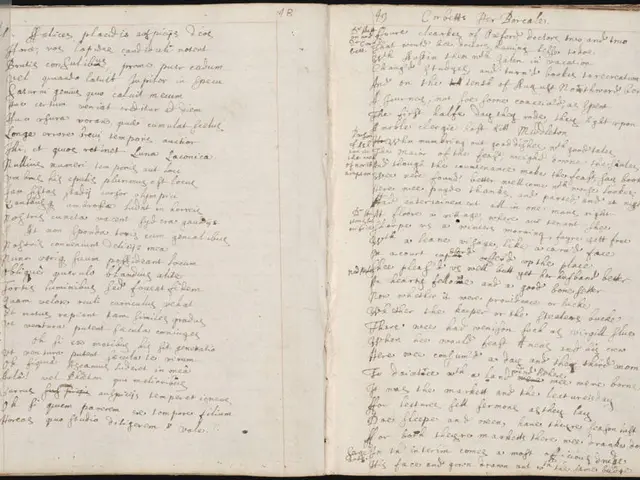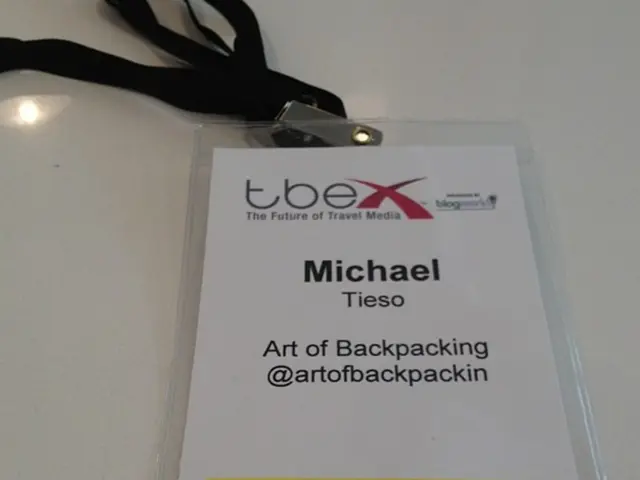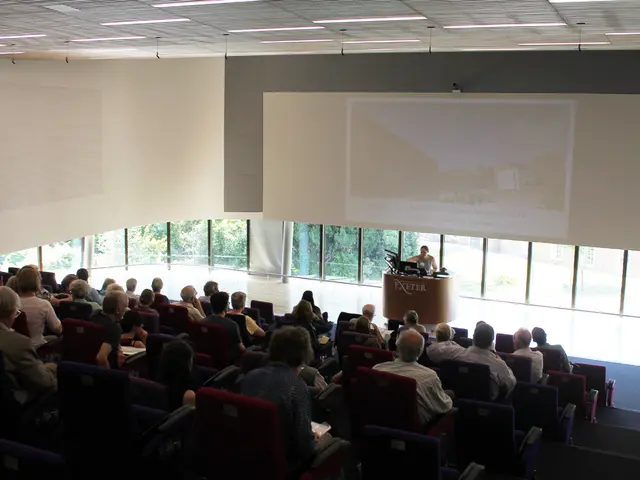Researcher Lauterbach Warns of Disaster for Harvard - Consider Inviting German Scholars - Harvard-Germany Partnership Faces "Disaster" According to Lauterbach - Invitation Extended for Researchers
Harvard University Faces Potential Crisis as U.S. Revokes Student Visa Program Certification
German politician Karl Lauterbach has voiced concern over the U.S. government's decision to revoke Harvard University's Student and Exchange Visitor Program (SEVP) certification, barring the elite institution from enrolling foreign students. Speaking to the Rheinische Post, Lauterbach called the move "a research policy suicide" that undermines academic freedom and sends a deterrent signal.
Harvard, situated near Boston, has been accused by the Trump administration of fostering a violent, antisemitic, and pro-terrorist environment on campus, as well as collaborating with the Chinese Communist Party (CCP). Homeland Security Secretary Kristi Noem, in a letter to the university, cited these concerns as grounds for the unprecedented action.
The university has responded with a lawsuit, arguing that the ban infringes on the First Amendment and will have "immediate and devastating" consequences for the institution and over 7,000 foreign students attending the school. Additionally, the university plans to seek a temporary restraining order to prevent the ban from being enforced.
The move will disrupt the education of thousands of foreign students, including high-profile cases like Belgium's Princess Elisabeth, who is uncertain about her ability to continue her studies in the U.S. due to the ban. The decision could impact Harvard's global reputation and financial model, which relies on foreign student tuition.
Germany, Lauterbach suggested, should respond proactively to the events in the U.S. by inviting foreign researchers from the U.S. to study in Germany. He also emphasized the need for the federal government to invest significantly more funds in the 70 German excellence clusters to maintain a competitive international research landscape.
As of now, the German government has not released an official response to the U.S. government's decision regarding Harvard's SEVP certification. The Belgian Royal Palace was mentioned in relation to Princess Elisabeth, although there is no information about Germany's position or any measures it may take in response to the situation.
[Enrichment data: The ban disrupts the education of thousands of foreign students, including high-profile cases like Belgium’s Princess Elisabeth, who had completed her first year at Harvard and is uncertain about her ability to continue her studies in the U.S. due to this ban. The move threatens Harvard’s ability to host international talent and could impact its global reputation and financial model, which relies in part on tuition from foreign students. The U.S. administration cites security, antisemitism, and CCP collaboration concerns as reasons for the ban. Harvard is legally challenging the ban, citing constitutional and practical impacts. The ban will impact over 7,000 foreign students attending the school. Secretary Noem stated this as a form of holding Harvard accountable for what the administration describes as an unsafe and inappropriate campus environment.]
- SPD's Karl Lauterbach in Germany has called for increased investments in the 70 German excellence clusters, emphasizing the importance of maintaining a competitive international research landscape in light of the potential impact on academic freedom resulting from the U.S.'s revocation of Harvard University's Student and Exchange Visitor Program (SEVP) certification.
- Amidst the ongoing debate over the U.S. revocation of Harvard's SEVP certification, which barred the elite institution from enrolling foreign students, Lauterbach has also urged Germany to proactively invite foreign researchers from the U.S. to study in Germany.
- In the realm of education-and-self-development and politics, the revocation of Harvard's SEVP certification and the subsequent legal challenge showcase the potential implications of policy-and-legislation decisions on learning and general-news scenes, as well as online-education opportunities for thousands of foreign students, including high-profile figures like Belgium’s Princess Elisabeth.








